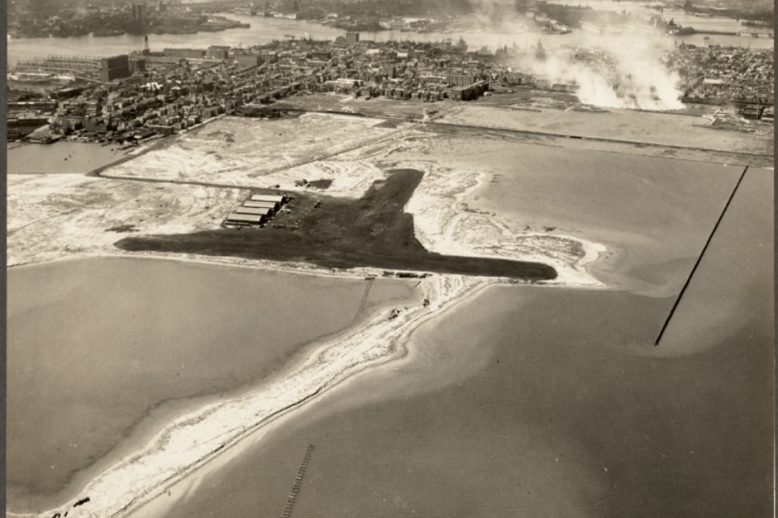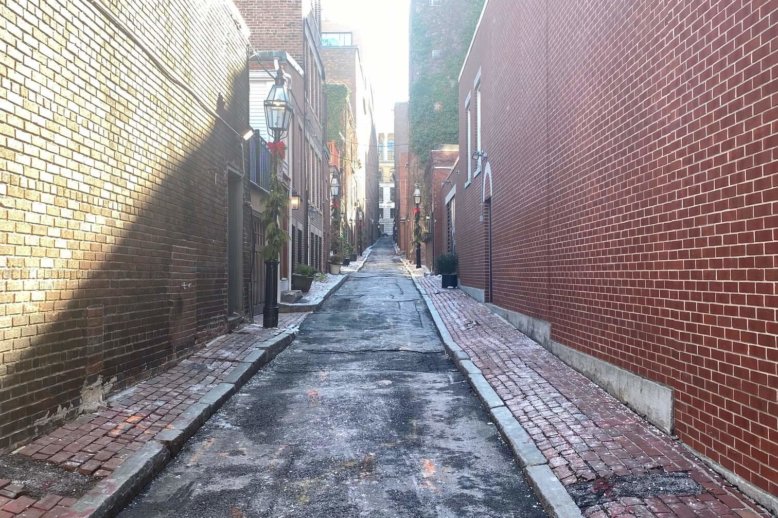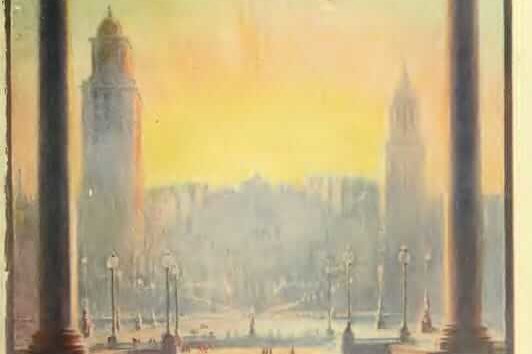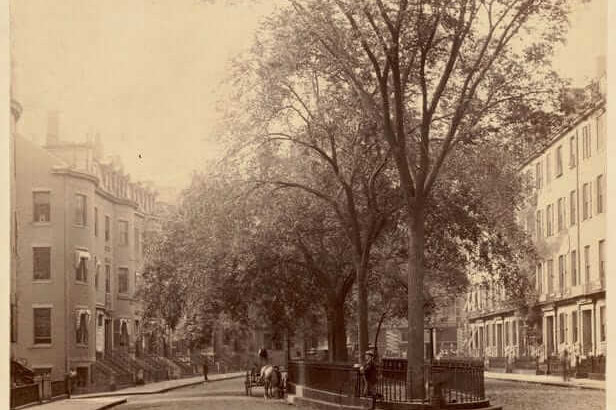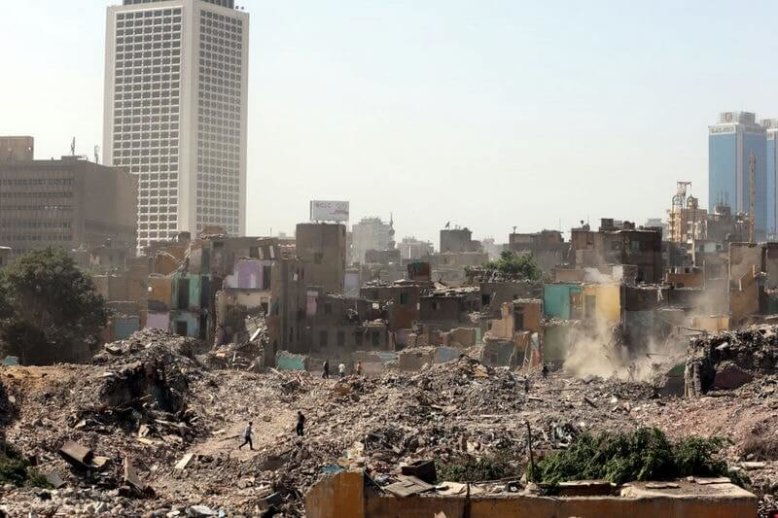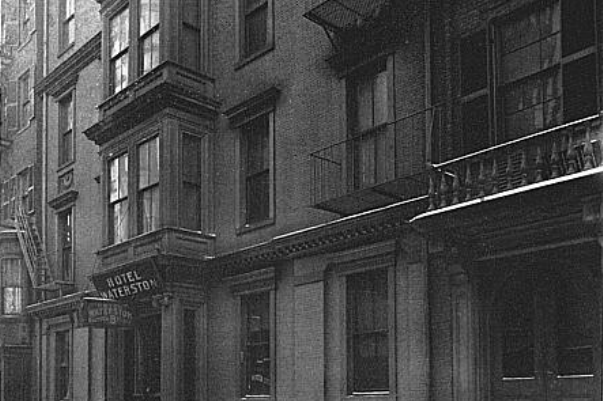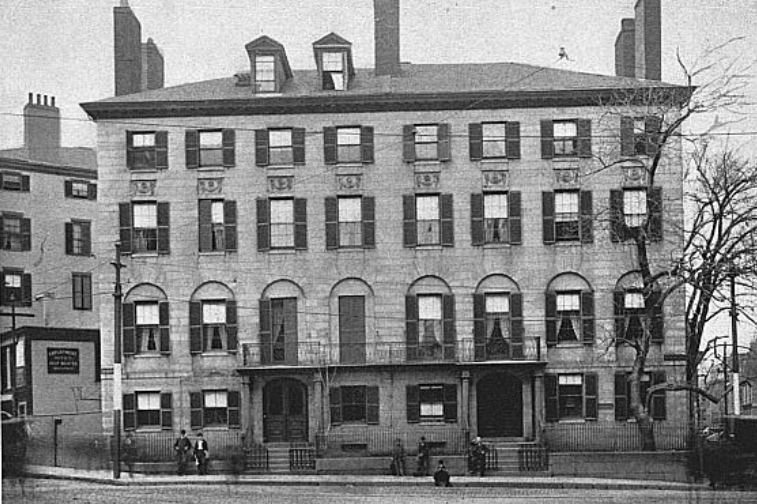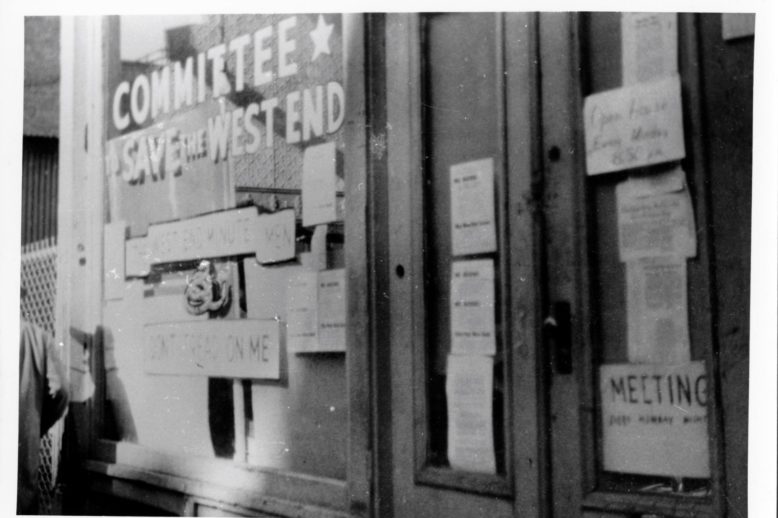Urban Renewal at Logan Airport
In 1943, Boston resident Louis Stern wrote a letter to the editor of the Boston Globe, proposing that the West End be razed to build a new airport, conveniently located downtown. This idea was never seriously considered, though the East Boston Airport (Logan Airport) has its own controversial history of urban renewal.


